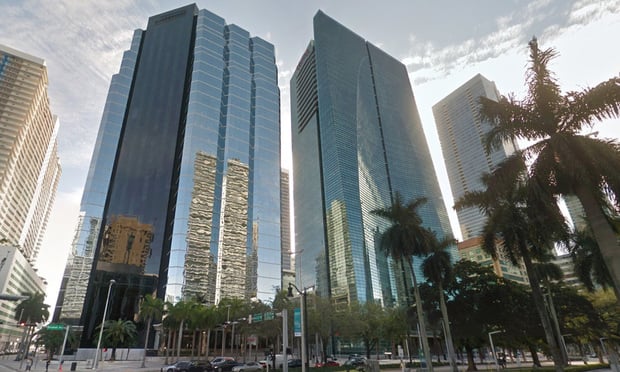The reorganization allows Denver billionaire Philip Anschutz to seize control of the chain. Anschutz, with a California partner, also has purchased about $350 million of the Knoxville, TN-based Regal Cinemas, making him the largest owner of Regal's debt. Regal, unlike UA, is not in bankruptcy. If Anschutz wrests control of Regal, the nation's largest theater chain, Anschutz could force a merger with UA and create a chain nearly double the size of its closest competitor.
The Delaware bankruptcy hearing yesterday lasted a brief 15 minutes, minus the usual objections lodged at such proceedings. With the judge's ruling, UA become the first movie theater company in the country to emerge from bankruptcy. There is a 10-day period in which objections can still be filed plus the company needs time to finalize all paperwork related to the bankruptcy reorganization plan.
"Most of all the paperwork is cleaning up a few lease negotiations," UA president and CEO Kurt Hall tells GlobeSt.com. "There's still quite a bit of paperwork being shuffled around. It's all pretty much administrative." UA primarily had entered bankruptcy to get rid itself of expensive leases in under-performing theaters, he says.
United Artists has 1,604 screens across the country. Regal has 4,332 screens in 32 states.Anschutz also is the largest shareholder of Qwest Communications Inc., the telecommunications giant based in Denver. Other holdings include the Staples Center arena in Los Angeles, the LA Lakers, a number of soccer and hockey teams, a small movie production studio and a California-based concert promotion firm.
Some analysts say Anschutz could have synergies with his theaters and other holdings. Movie theaters, for example, do most of their business from Friday evening to Sunday afternoon. Some experts believe Anschutz could improve his revenue stream at the theaters by showing concerts or sporting events during the week.
And one division of Qwest is working on technology that would allow theaters to show movies digitally, using disks or possibly even using the Internet to download films to computers. Such a system could save Hollywood as much as $1 billion a year in distribution costs to theaters nationwide.
Want to continue reading?
Become a Free ALM Digital Reader.
Once you are an ALM Digital Member, you’ll receive:
- Breaking commercial real estate news and analysis, on-site and via our newsletters and custom alerts
- Educational webcasts, white papers, and ebooks from industry thought leaders
- Critical coverage of the property casualty insurance and financial advisory markets on our other ALM sites, PropertyCasualty360 and ThinkAdvisor
Already have an account? Sign In Now
*May exclude premium content© 2024 ALM Global, LLC, All Rights Reserved. Request academic re-use from www.copyright.com. All other uses, submit a request to [email protected]. For more information visit Asset & Logo Licensing.








